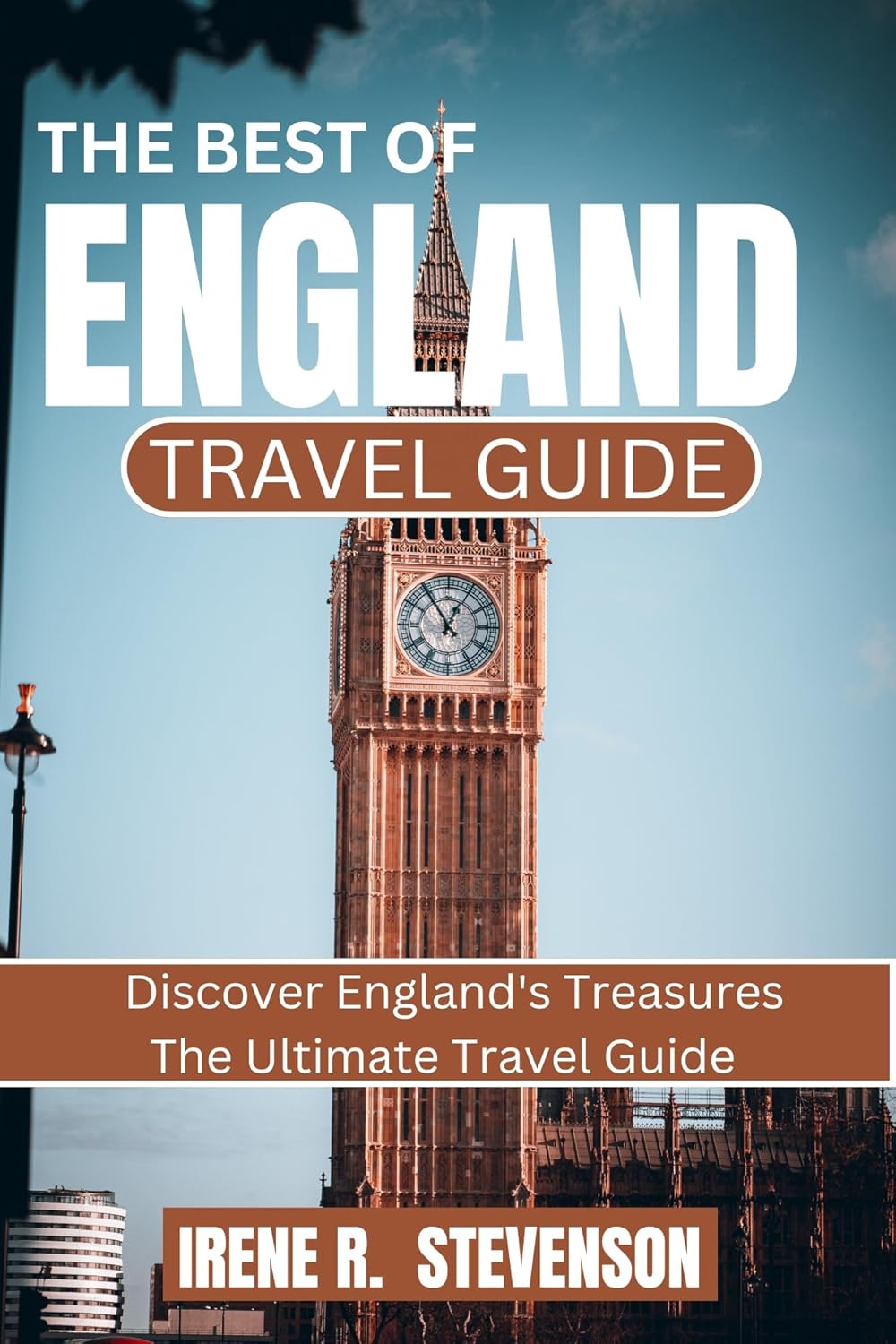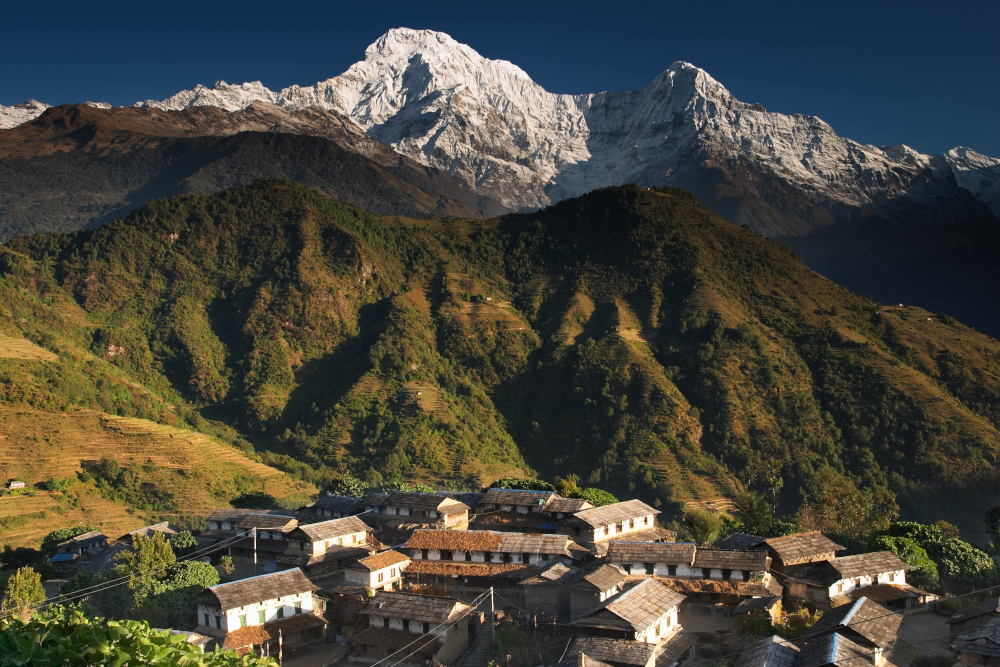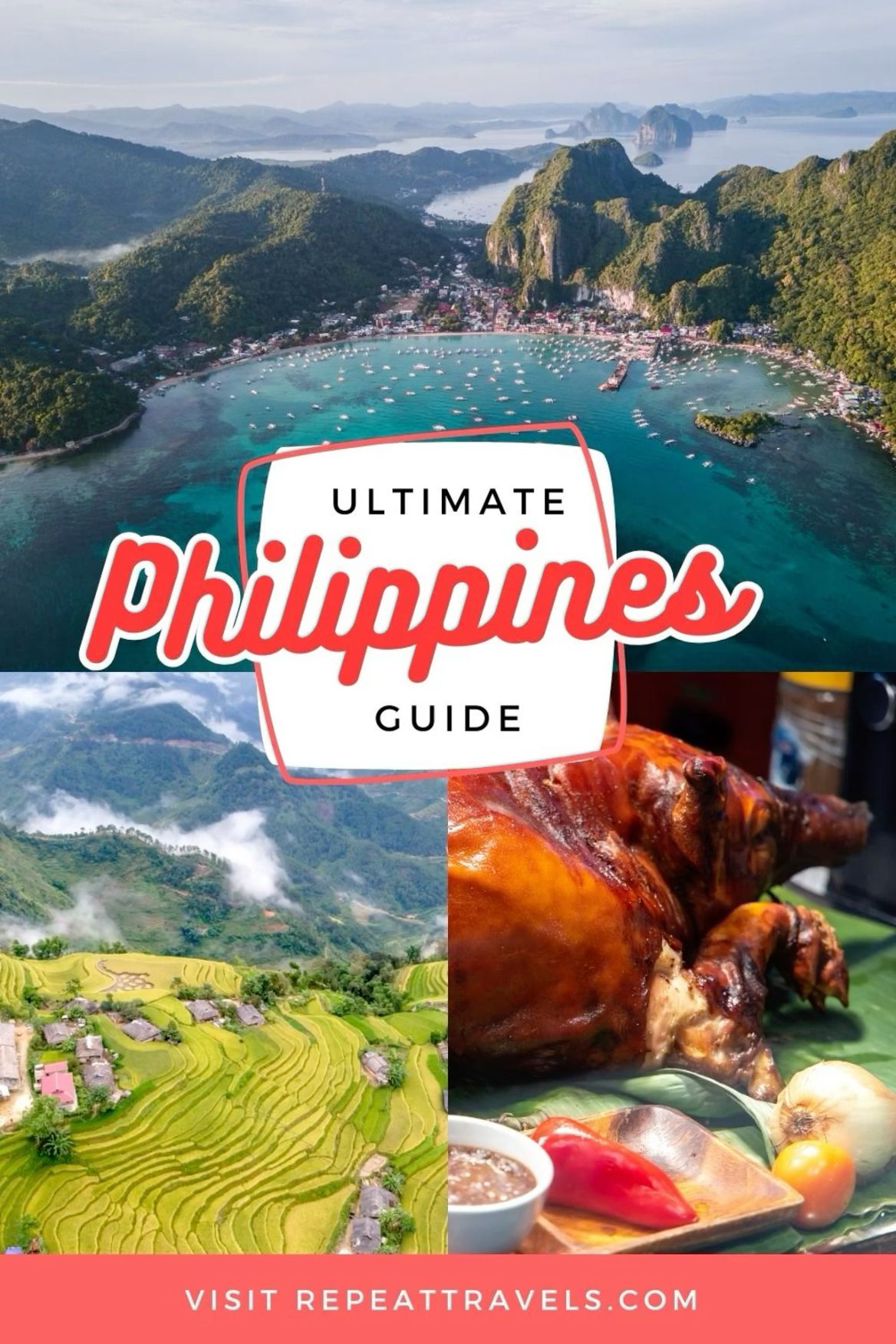
Thailand, the "Land of Smiles," beckons travelers with its vibrant culture, stunning landscapes, and mouth-watering cuisine. For many, a trip to this Southeast Asian gem is a long-held dream. However, planning your inaugural journey can feel a little overwhelming. If you’re wondering what you need to know about Thailand for first-time visitors, this comprehensive guide is your ultimate resource. We’ll cover everything from practical planning and cultural etiquette to must-see destinations and essential safety tips, ensuring your first Thai adventure is as smooth and memorable as possible.
Planning Your First Trip to Thailand: Essential Considerations
Embarking on your first Thai adventure requires some thoughtful preparation. Knowing the best time to go, understanding visa requirements, and setting a realistic budget are crucial steps for any newcomer.
When is the Best Time to Visit Thailand?
Thailand experiences three main seasons: hot, rainy, and cool. The cool and dry season, from November to February, is widely considered the best time for first-time visitors. Temperatures are more moderate, making it ideal for exploring cities and relaxing on beaches.
From March to May, the weather turns hot and humid, especially in the central plains. The rainy season, running from June to October, brings tropical downpours, which can be intense but often short-lived. Traveling during the shoulder seasons (March/early April or October/early November) can offer fewer crowds and better deals, but be prepared for varying weather.
Visa Requirements for Thailand First-Timers
Before you pack your bags, confirm Thailand’s visa policy for your nationality. Many countries, including the US, UK, Canada, Australia, and most European nations, benefit from a 30-day visa-exempt entry when arriving by air. If arriving by land, this exemption is often limited to 15 days.
For longer stays or specific purposes, you may need to apply for a visa in advance through a Thai embassy or consulate in your home country. Always check the official website of the Royal Thai Embassy or consult a reputable travel agent for the most up-to-date information regarding visa requirements for your first-time visit.
Budgeting for Your Thailand Adventure
Thailand can be an incredibly affordable destination, but your budget will largely depend on your travel style. Accommodation ranges from budget hostels and guesthouses to luxurious resorts. Food, especially street food, is famously inexpensive and delicious.
A reasonable daily budget for a first-time visitor could be anywhere from $30-$50 USD for backpackers (staying in hostels, eating street food, using public transport) to $100-$200+ USD for mid-range travelers (boutique hotels, restaurant meals, some tours). Factor in flights, activities, domestic travel, and souvenirs. Having a clear budget will help you make the most of your money and experience all that Thailand has to offer.
Packing Smart for Your Thailand Journey
Packing for Thailand involves a mix of practical items and cultural considerations. Lightweight, breathable clothing made from cotton or linen is essential due to the warm climate. Include modest attire (shoulders and knees covered) for temple visits and other sacred sites. A light rain jacket or umbrella is useful during the rainy season, and always pack comfortable walking shoes or sandals.
Don’t forget essentials like sunscreen, insect repellent, a basic first-aid kit, and any personal medications. A universal adapter for electronics is also a good idea. Remember, less is often more, as you can buy most necessities cheaply in Thailand, and you’ll want space for souvenirs!
Navigating Thai Culture and Customs for Newcomers
Thai culture is rich, vibrant, and deeply rooted in Buddhist traditions. Understanding and respecting local customs will greatly enhance your first-time visitor experience and help you connect with the warm-hearted Thai people.
Respecting Thai Etiquette: What Every First-Timer Should Know
Thai etiquette is based on respect and humility. The "Wai" (a prayer-like gesture with a slight bow) is the traditional greeting and sign of respect. Generally, you wai to elders and those of higher status, and they may wai back. It’s not usually expected for foreigners to initiate a wai to service staff, but a small nod and a polite "Sawadee ka/krup" (hello) are always appreciated.
Remember that the head is considered the most sacred part of the body, and the feet the lowest. Never touch someone’s head, and avoid pointing your feet at people, images of Buddha, or sacred objects. Always remove your shoes before entering temples, private homes, and some businesses.
Dress Code in Thailand: Important for Cultural Immersion
Modesty is key, especially when visiting religious sites. When entering temples, ensure your shoulders and knees are covered. Many temples provide sarongs or wraps for rent, but it’s best to come prepared. Outside of temples, light and comfortable clothing is generally fine, but overly revealing attire, particularly in more conservative areas, might draw unwanted attention.
Even in beach towns, it’s customary to cover up when away from the immediate beach area. Respecting the local dress code isn’t just about avoiding offense; it’s about showing appreciation for Thai culture and embracing your surroundings as a first-time visitor.
Basic Thai Phrases for First-Time Travelers
Learning a few basic Thai phrases goes a long way. Thais appreciate the effort, and it can open doors to warmer interactions.
- Hello: Sawadee krap (for men) / Sawadee ka (for women)
- Thank you: Khob khun krap (for men) / Khob khun ka (for women)
- Yes: Chai krap/ka
- No: Mai chai krap/ka
- Excuse me/Sorry: Khorโทษ krap/ka
- Delicious: Aroy krap/ka
- How much?: Tao rai krap/ka?
A simple smile often transcends language barriers, but these phrases will certainly enhance your communication as a first-time visitor to Thailand.
Understanding Thai Food Culture
Thai food is an absolute highlight of any trip. Street food stalls offer an incredible array of dishes that are both delicious and incredibly cheap. Don’t be afraid to try new things – just look for stalls with a good turnover of customers, which indicates freshness.
While forks and spoons are commonly used, chopsticks are primarily for noodle dishes. Most Thai meals are communal, with several dishes shared among the group. Be prepared for varying levels of spice; if you can’t handle too much heat, simply say "mai pet" (not spicy) when ordering. Embrace the adventure of Thai cuisine!
Getting Around Thailand: Transport Tips for New Arrivals
Navigating transportation in Thailand can seem daunting at first, but it’s generally efficient and affordable. Knowing your options will make your first-time visit much smoother.
Domestic Travel in Thailand: Flights, Trains, and Buses
For covering long distances quickly, domestic flights are your best bet. Low-cost carriers like AirAsia, Nok Air, and Lion Air offer frequent and affordable routes between major cities like Bangkok, Chiang Mai, Phuket, and Krabi.
Trains provide a scenic and comfortable way to travel, especially the overnight sleeper trains, which are an experience in themselves. They’re great for connecting Bangkok with Chiang Mai or heading south. Buses are the most budget-friendly option, with extensive networks reaching almost every corner of the country. Government buses are generally reliable, though private VIP buses offer more comfort.
Local Transportation in Thai Cities: Taxis, Tuk-Tuks, Grab
In urban centers like Bangkok, a variety of local transport options await. Metered taxis are plentiful and generally the most comfortable. Always insist the driver uses the meter, or negotiate a price beforehand if they refuse (which is against regulations).
Tuk-tuks are iconic, open-air three-wheeled vehicles offering a thrilling, albeit sometimes pricey, ride. Negotiate the fare before getting in. For convenience, ride-hailing apps like Grab (Southeast Asia’s version of Uber) are widely available and offer transparent pricing for cars and motorbikes, making them a great choice for first-time visitors.
Renting Scooters or Cars: Is it Safe for First-Time Visitors?
Renting a scooter can offer incredible freedom, especially on islands or in smaller towns. However, extreme caution is advised for first-time visitors. Road conditions can be challenging, traffic laws are often loosely observed, and accidents involving tourists are common. Ensure you have the correct international driving permit and adequate insurance. Always wear a helmet.
Renting a car is less common for tourists but can be suitable for families or groups exploring specific regions. Again, be aware of local driving styles and road rules. For most first-timers, relying on taxis, Grab, and public transport is a safer and less stressful option.
Must-See Destinations for Your First Thailand Experience
Thailand offers an incredible diversity of experiences, from bustling cities to serene beaches. For your first visit, it’s wise to focus on a few key regions to truly soak in their unique charm.
Bangkok: The Bustling Capital for First-Time Explorers
No first-time trip to Thailand is complete without experiencing the vibrant chaos of Bangkok. This sprawling metropolis is a sensory overload in the best way possible. Explore the magnificent Grand Palace and Wat Phra Kaew (Temple of the Emerald Buddha), marvel at the reclining Buddha at Wat Pho, and take a longtail boat trip along the Chao Phraya River.
Beyond the temples, dive into the bustling markets like Chatuchak Weekend Market, savor street food on every corner, and ascend a skyscraper for panoramic city views. For evening entertainment, explore the vibrant nightlife of Sukhumvit or catch a traditional Muay Thai fight. Bangkok is an essential starting point for what you need to know about Thailand for first-time visitors.
Chiang Mai: Northern Charm and Cultural Riches
Heading north, Chiang Mai offers a more relaxed pace than Bangkok, nestled amidst mountains and lush greenery. It’s known for its ancient temples, vibrant night bazaars, and as a hub for ethical elephant sanctuaries. Spend your days exploring the old city walls, visiting Wat Phra That Doi Suthep with its stunning views, and taking a Thai cooking class.
Chiang Mai is also a gateway to exploring the Golden Triangle region, hill tribe villages, and beautiful national parks. Its rich Lanna culture and friendly atmosphere make it a beloved destination for those seeking a deeper cultural immersion on their first visit.
Thailand’s Islands: Beach Paradises for First-Time Beachgoers
Thailand’s islands are world-renowned for their pristine beaches, turquoise waters, and vibrant marine life. The Gulf Coast (Koh Samui, Koh Phangan, Koh Tao) and the Andaman Coast (Phuket, Koh Phi Phi, Krabi, Koh Lanta) each offer distinct vibes.
- Phuket is the largest and most developed island, offering luxury resorts, lively nightlife, and easy access to stunning surrounding islands.
- Koh Phi Phi is famous for its dramatic limestone cliffs and crystal-clear waters, though it can get very crowded.
- Koh Lanta provides a more laid-back, family-friendly atmosphere.
- Koh Samui blends luxury with natural beauty, while Koh Phangan is famous for its Full Moon Parties but also offers quiet, secluded beaches.
- Koh Tao is a diver’s paradise.
Choose an island that matches your desired level of relaxation or adventure, ensuring a perfect beach escape for your first Thai island experience.
Health, Safety, and Practical Tips for Thailand First-Time Visitors
Ensuring your well-being and having practical information at hand will contribute significantly to a worry-free first trip to Thailand.
Staying Healthy in Thailand: Food, Water, and Sun Protection
Traveler’s diarrhea is common, so be mindful of what you eat and drink. While street food is generally safe and delicious, stick to freshly cooked items, avoid unpeeled fruits, and ensure ice is made from purified water. Always drink bottled water – tap water is not safe to consume.
The Thai sun is intense. Use high-SPF sunscreen, wear a hat, and seek shade during peak hours (10 AM – 4 PM) to avoid sunburn and heatstroke. Stay hydrated by drinking plenty of water and fresh coconut juice. Mosquito-borne diseases like dengue are present, so use insect repellent, especially at dawn and dusk. Consult your doctor about recommended vaccinations before your trip.
Safety Precautions for Your First Trip to Thailand
Thailand is generally a safe country for tourists, but like anywhere, petty crime and scams can occur. Be aware of your surroundings, especially in crowded areas. Keep valuables secure and out of sight. Common scams include inflated prices for tuk-tuks, gemstone scams, and jet ski rental scams (always inspect the vehicle thoroughly and take photos).
Exercise caution when interacting with street vendors or strangers offering unsolicited help. Trust your instincts. If something feels off, politely decline and move on. For your peace of mind as a first-time visitor, purchasing travel insurance that covers medical emergencies and theft is highly recommended.
Money Matters: Currency, ATMs, and Tipping in Thailand
The official currency is the Thai Baht (THB). ATMs are widely available, especially in cities and tourist areas, but they often charge a foreign transaction fee. It’s wise to carry some cash for smaller purchases and street food. Exchange rates at banks or reputable exchange booths are generally better than at airports.
Tipping is not mandatory in Thailand, but it’s appreciated for good service. For restaurants, a 10% tip is standard for sit-down meals. For street food, a tip isn’t expected. For taxi drivers, rounding up the fare is common. For tour guides or hotel staff, a small gratuity is a nice gesture.
Communication and Connectivity: SIM Cards and Wi-Fi
Staying connected is easy in Thailand. Upon arrival at major airports, you can purchase a local SIM card with a data package. Providers like AIS, TrueMove H, and Dtac offer affordable tourist SIMs that provide excellent coverage. This is often more cost-effective than international roaming and allows you to use navigation apps and stay in touch.
Wi-Fi is also widely available in hotels, guesthouses, cafes, and many restaurants, often free of charge. However, for reliable and constant connectivity, a local SIM card is invaluable for first-time visitors navigating a new country.
Embrace Your First Thai Adventure!
Thailand is a truly captivating destination, promising an unforgettable experience for every first-time visitor. From the bustling streets of Bangkok to the tranquil temples of Chiang Mai and the idyllic beaches of the islands, there’s an endless array of wonders to discover. By taking the time to understand the local culture, plan your itinerary wisely, and follow these practical tips, you’re well on your way to a seamless and enriching journey. So, pack your bags, prepare your smiles, and get ready to be charmed by the Land of Smiles. Your incredible Thai adventure awaits!









